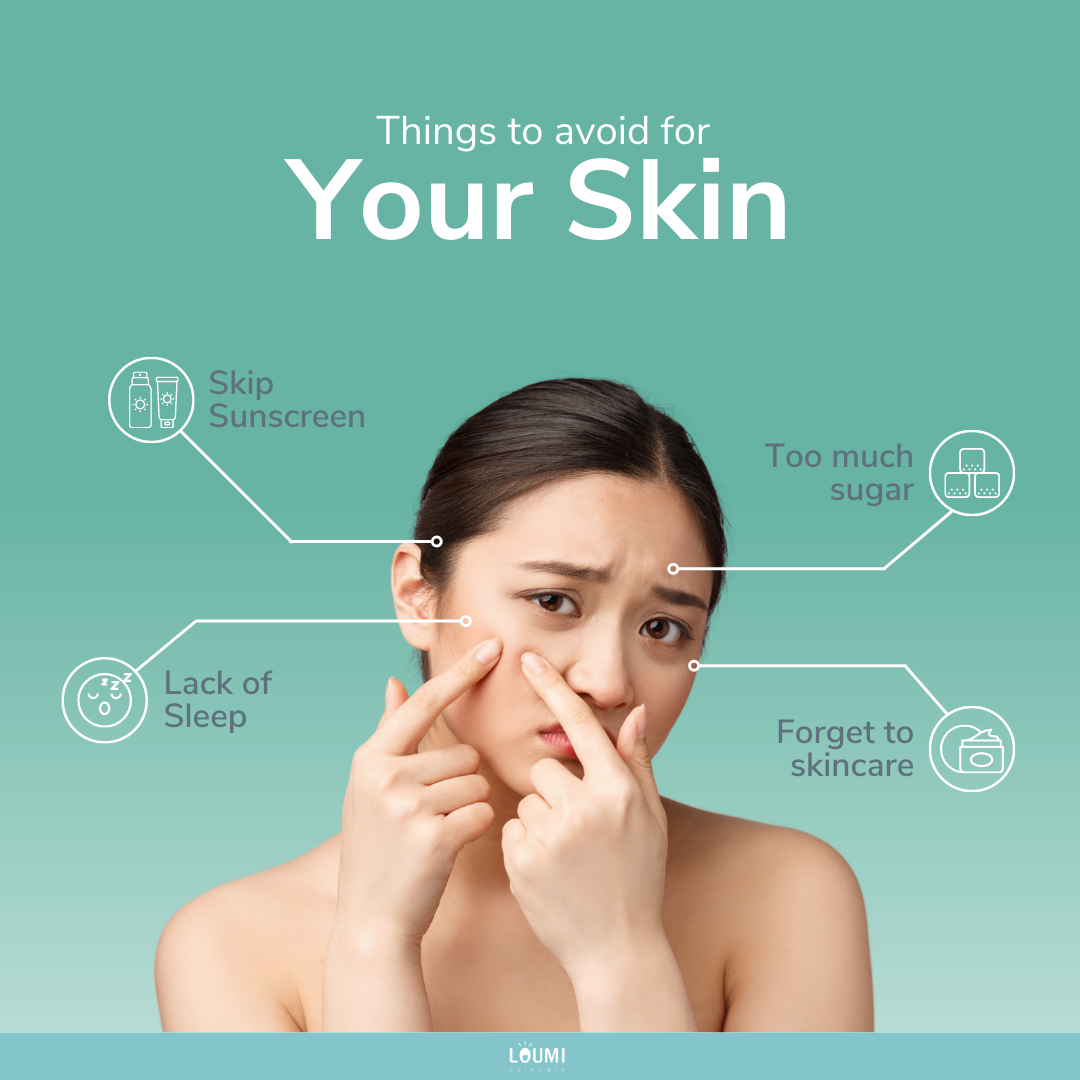
Excessive oil production on the skin can be frustrating and challenging to manage. While sebum (the oil produced by sebaceous glands) is essential for maintaining healthy skin, too much of it can lead to various skin issues. In this blog, we’ll explore the causes of overproduction of oil, the problems it can cause, and how to effectively manage oily skin.
What Causes Overproduction of Oil?
-
Hormonal Changes
- Hormones play a significant role in oil production. During puberty, pregnancy, menstruation, or menopause, hormonal fluctuations can stimulate sebaceous glands to produce more oil.
-
Genetics
- If oily skin runs in your family, you’re more likely to experience overproduction of oil. Genetics determine the size and activity of your sebaceous glands.
-
Diet
- A diet high in refined sugars, dairy, and unhealthy fats can contribute to increased oil production. These foods can trigger hormonal changes that affect the skin.
-
Stress
- Stress increases the production of cortisol, a hormone that can stimulate sebaceous glands to produce more oil.
-
Incorrect Skincare Routine
- Over-washing or using harsh skincare products can strip the skin of its natural oils, prompting it to produce even more oil as a protective measure.
Issues Caused by Overproduction of Oil
-
Acne
- Excessive oil can clog pores, leading to the formation of blackheads, whiteheads, and pimples. The combination of oil, dead skin cells, and bacteria creates an ideal environment for acne development.
-
Shiny Skin
- Oily skin often appears shiny and greasy, particularly in the T-zone (forehead, nose, and chin). This can be aesthetically displeasing and require frequent blotting or powdering.
-
Enlarged Pores
- Overactive sebaceous glands can cause pores to enlarge, making them more noticeable and prone to clogging.
-
Seborrheic Dermatitis
- This condition is characterized by red, scaly patches and dandruff. It commonly affects oily areas of the skin, such as the scalp, face, and chest.
Managing Oily Skin with LOUMI Skincare
At LOUMI Skincare, we understand the challenges of managing oily skin and the importance of maintaining a balanced, healthy complexion. Our products are designed to address the unique needs of oily skin without stripping it of essential moisture.
Key Ingredients for Oily Skin
-
Tea Tree Oil
- Known for its antibacterial and anti-inflammatory properties, tea tree oil helps control acne and reduce excess oil production.
-
Salicylic Acid
- This beta hydroxy acid penetrates deep into the pores to dissolve excess oil and exfoliate dead skin cells, preventing clogged pores and breakouts.
-
Niacinamide
- Also known as Vitamin B3, niacinamide helps regulate oil production, minimize the appearance of pores, and improve overall skin texture.
-
Aloe Vera
- With its soothing and hydrating properties, aloe vera helps calm irritated skin and provides lightweight moisture.
Recommended by LOUMI Skincare for Oily Skin
-
Clarifying Cleanser
- Formulated with salicylic acid and tea tree oil, this cleanser effectively removes excess oil, dirt, and impurities without over-drying the skin.
-
Balancing Toner
- Our toner, infused with niacinamide and aloe vera, helps refine pores, regulate oil production, and soothe the skin.
-
Oil-Free Moisturizer
- Lightweight and non-comedogenic, this moisturizer provides essential hydration without clogging pores or adding extra oil.
-
Mattifying Serum
- Designed to control shine and refine skin texture, this serum helps maintain a matte finish throughout the day.
Conclusion
The overproduction of oil on the skin can lead to a variety of issues, from acne to enlarged pores. Understanding the causes and implementing a targeted skincare routine can help manage oily skin effectively. At LOUMI Skincare, we offer a range of products specifically formulated to address the needs of oily skin, helping you achieve a balanced, healthy complexion. Embrace the journey to clearer, more radiant skin with LOUM
